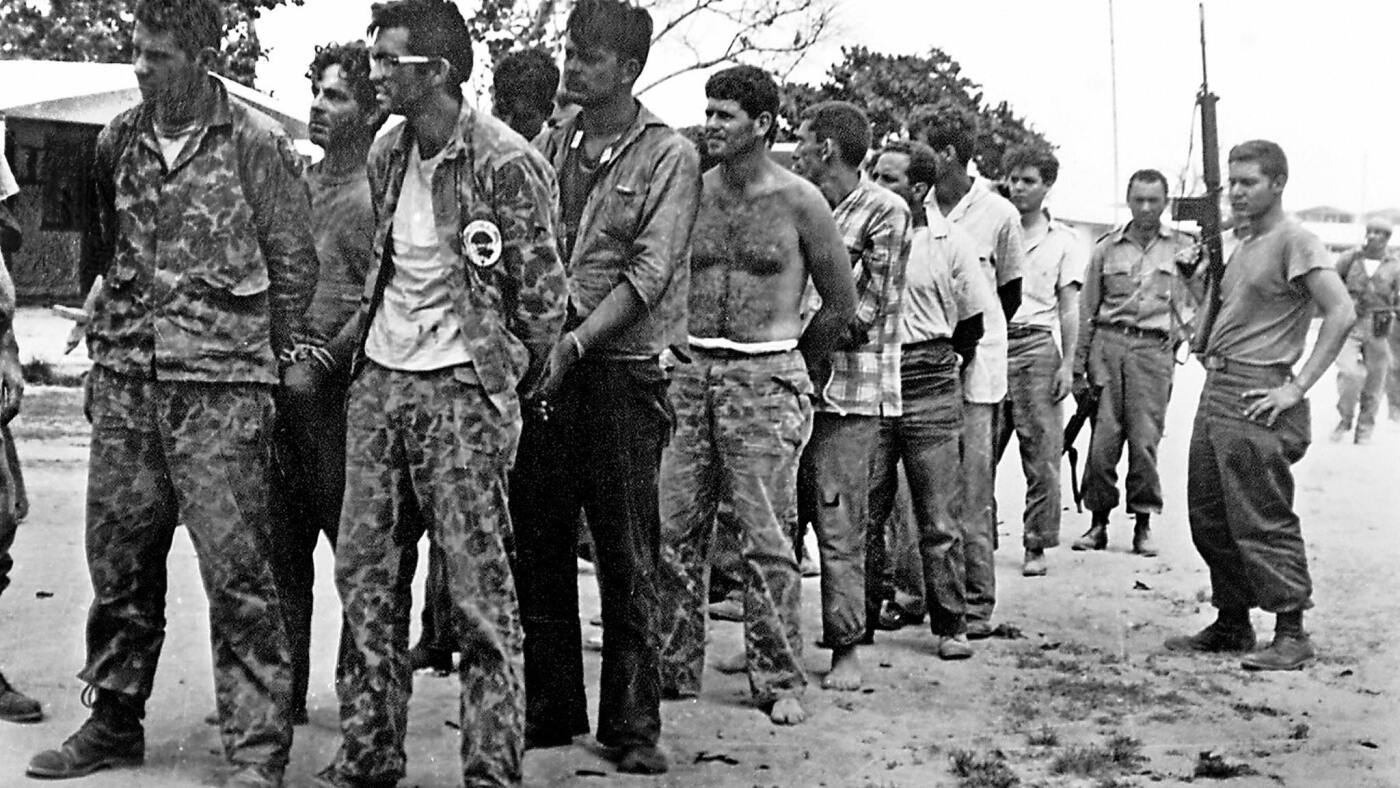The **Associated Press (AP)** is the world's largest and one of the oldest news organizations, founded in 1846 by five New York City newspapers to share the cost of covering the Mexican-American War. It operates as a **nonprofit cooperative**, owned by its American newspaper and broadcast members, and is renowned for delivering fast, accurate, and objective news worldwide[1][2][5][6].
Initially formed to pool telegraph costs and avoid competitive bidding for news, AP quickly expanded its scope. By 1848, six newspapers collaborated to finance telegraphic relay of foreign news, laying the foundation for a national newswire service. Over time, regional groups merged, culminating in the incorporation of the modern AP in 1900. Despite early antitrust challenges due to its control over news distribution, AP adapted and grew, becoming a key global news network with nearly 250 bureaus in about 100 countries[1][2][3][5].
AP provides a wide range of services, including the basic newswire, APTN (a television news agency), a 24-hour radio news service, and digital platforms delivering text, images, and sound. Its content reaches over 4 billion people daily, with approximately 400,000 stories, 80,000 videos, and 1.2 million photos produced annually[5][8]. The agency's journalists have won **59 Pulitzer Prizes**, including 36 for photography, underscoring its commitment to high journalistic standards and ethics[1][8].
Notable for its **nonpartisan, fact-based journalism**, AP has historically shaped news agendas in the U.S. and globally. It helped break news monopolies during World War I and has been a fierce advocate for press freedom, journalist safety, and intellectual property protection. Its governance by an executive leadership team and board of directors reflects its cooperative structure and mission focus on advancing the power of facts in journalism[4][8].
Today, AP continues to b






